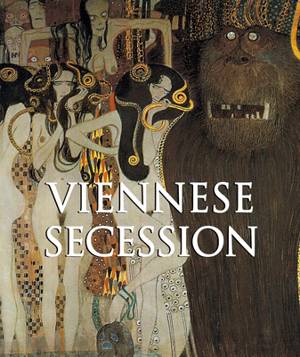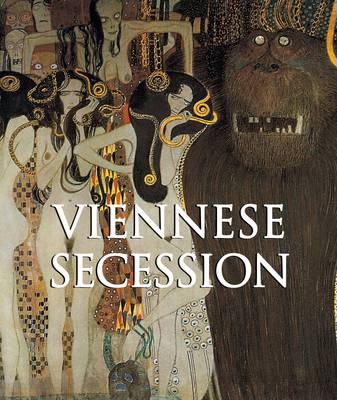
- Retrait gratuit dans votre magasin Club
- 7.000.000 titres dans notre catalogue
- Payer en toute sécurité
- Toujours un magasin près de chez vous
- Retrait gratuit dans votre magasin Club
- 7.000.0000 titres dans notre catalogue
- Payer en toute sécurité
- Toujours un magasin près de chez vous
13,95 €
+ 27 points
Format
Description
Symbol of a forecasted revolution, the Viennese Secession possesses within itself the dissidence of about twenty talented artists against the conservative academicism which petrified Vienna and the whole Austro-Hungarian Empire at that time.Influenced by the Art Nouveau, the Secession, created in 1897 by Klimt, Moll and Hoffmann, was not an anonymous artistic revolution among so many others. Dissenting in essence, defining itself as an "art total", without any political or commercial constraint, this movement resembles more the philosophy that the ideological turmoil affected the craftsmen, architects, graphic artists and designers. Turning aside from the established art to dive into the generous and decorative shapes of Flora and the other nymphs, the artists open themselves to an estheticism of which erotic power could only offend the bourgeoisie of the time.Painting, sculpture, architecture are confronted by the author of this book, to highlight the diversity and the richness of a movement whom univocal motto, "For each time its art, for each art its liberty.", illustrate the innovation and originality.
Spécifications
Parties prenantes
- Auteur(s) :
- Editeur:
Contenu
- Nombre de pages :
- 200
- Langue:
- Anglais
- Collection :
Caractéristiques
- EAN:
- 9781844848454
- Date de parution :
- 31-12-11
- Format:
- Livre relié
- Format numérique:
- Genaaid
- Dimensions :
- 248 mm x 283 mm
- Poids :
- 1383 g

Les avis
Nous publions uniquement les avis qui respectent les conditions requises. Consultez nos conditions pour les avis.






